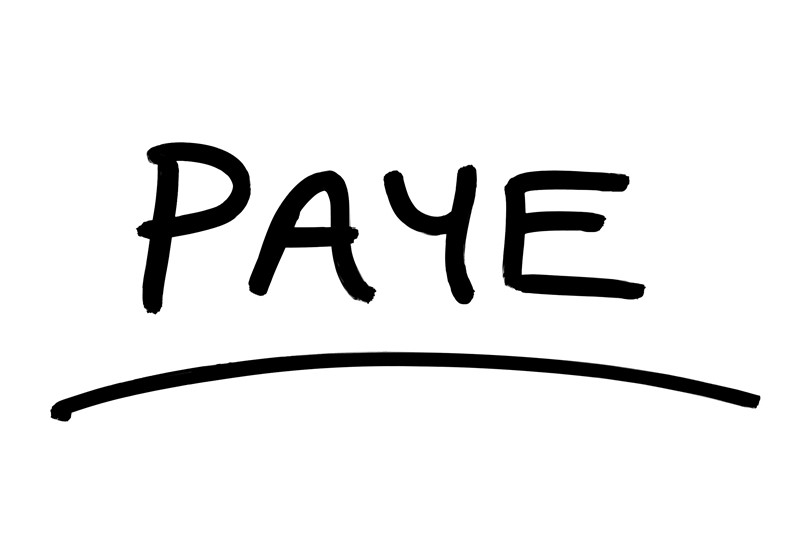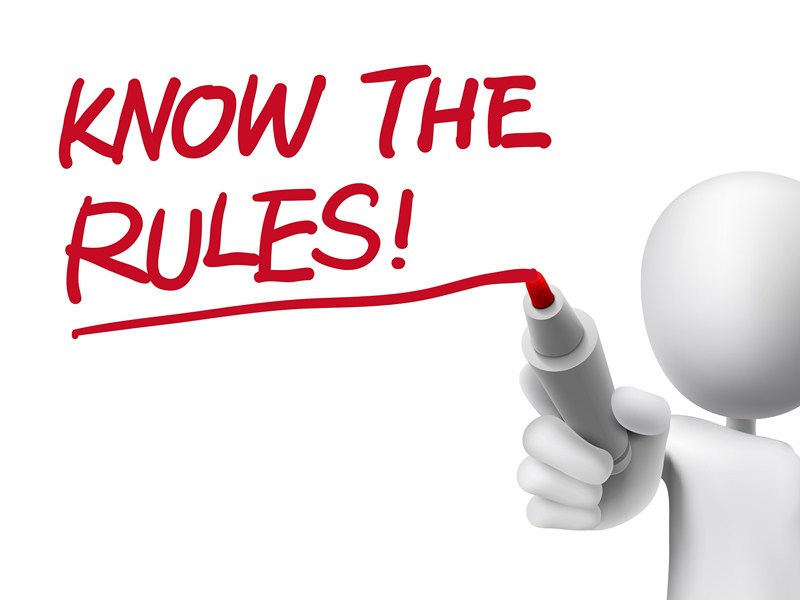


Payback company car private fuel
Where an employee with a company car is provided with fuel for their own private use by their employers, the default position is that the employee is required to pay the car fuel benefit charge. The charge is determined by reference to the CO2 rating of the car,...
Reporting expenses and benefits to HMRC
The deadline for submitting the 2023-24 forms P11D, P11D(b) and P9D is 6 July 2024. These forms can be submitted using commercial software or via HMRC’s PAYE online service. HMRC no longer accepts paper P11D and P11D(b) forms. Employees must also be provided...
Taxable employment benefits from April 2026
From April 2026, the government will mandate the reporting and paying of Income Tax and Class 1A National Insurance Contributions on benefits in kind via payroll software. This represents a significant change to the current system and should reduce the administrative...
Using the starter PAYE checklist
Employers that take on a new employee need to work out which tax code and starter declaration to use in their payroll software. Incorrect tax codes can lead to a new employee paying more tax than is due. Employers will require certain information from their new...

